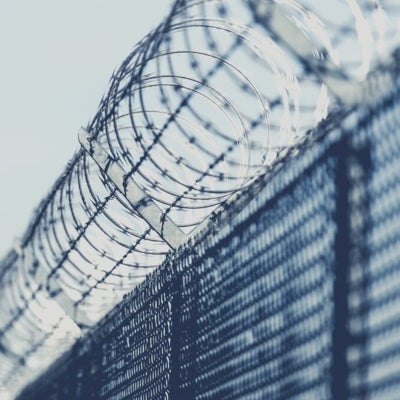Refine results
-
Rights and Freedoms18 May 2017Publication
OPCAT in Australia Consultation Paper (2017)
OPCAT in Australia Consultation Paper MAY 2017 Table of Contents 1 Introduction 2 What is OPCAT? 2.1 National Preventive Mechanism 2.2 Sub-committee on the Prevention of Torture 3 The NPM model 4 Key issues for consideration 4.1 Stocktake of places of detention 4.2 Definitional issues – what does OPCAT cover? 4.3 Progressive implementation of OPCAT 4.4 Scope of the role of the NPM 4.5… -
Legal10 October 2017Submission
Information concerning Australia’s compliance with the International Covenant on Civil and Political Rights (2017)
This submission provides information concerning the civil and political rights of key population groups in Australia and other thematic issues engaging civil and political rights. In relation to each section, the Commission has referred to the relevant articles of the ICCPR engaged and (where appropriate) the relevant paragraph of the Committee’s list of issues prior to reporting dated 9 November… -
14 December 2012Book page
Chapter 2 - Introduction: Social Justice Report 2009
Indigenous imprisonment rates in Australia are unacceptably high. Nationally, Indigenous adults are 13 times more likely to be imprisoned than non-Indigenous people[1] and Indigenous juveniles are 28 times more likely to be placed in juvenile detention than their non-Indigenous counterparts.[2] -
Rights and Freedoms14 December 2012Project

OPCAT: Optional Protocol to the Convention against Torture
(OPCAT) is an international agreement aimed at preventing torture and cruel, inhuman or degrading treatment or punishment. -
Age Discrimination9 September 2021Speech
Safety and Security for Older Women
National Summit on Women’s Safety Safety and Security for Older Women Dr Kay Patterson Age Discrimination Commissioner Via Video Conference Tuesday 7 September 2021 Introduction I would like to thank Senator the Hon Marise Payne and Senator the Hon Anne Ruston for inviting me to speak at this National Summit. I acknowledge the Kulin Nation peoples as the traditional owners of the land from… -
14 December 2012Book page
Social Justice Report 2007 - Chapter 2: Indigenous communities dealing with family violence and abuse
Family violence and abuse occurs at unacceptable rates in Aboriginal and Torres Strait Islander (Indigenous) communities. We have heard many tragic stories of women, children and young people who have experienced devastating sexual abuse and family violence. It is a scourge that is causing damage and trauma among Indigenous communities, to our women and children, and to the fabric of Indigenous… -
Legal14 December 2012Webpage
Submission to National Human Rights Consultation (2009)
The Australian Human Rights Commission (the Commission) welcomes the opportunity to make this submission to the National Human Rights Consultation (the Consultation). -
Legal14 December 2012Webpage
CERD Index
This submission is prepared by Australia's national human rights institution, the Human Rights and Equal Opportunity Commission (HREOC). It provides information in relation to the Australian Government's combined 13th and 14th periodic report under the International Convention on the Elimination of All Forms of Racial Discrimination (ICERD). All of the material contained in this document has… -
14 December 2012Book page
Social Justice Report 2005 : Chapter 2 : Achieving Aboriginal and Torres Strait Islander health equality within a generation - A human rights based approach
Improving the health status of Aboriginal and Torres Strait Islander peoples is a longstanding challenge for governments in Australia. While there have been improvements made in some areas since the 1970s (notably in reducing high rates of infant mortality1) overall progress has been slow and inconsistent. The inequality gap between Aboriginal and Torres Strait Islander peoples and other… -
14 December 2012Book page
Achieving Aboriginal and Torres Strait Islander health equality within a generation - A human rights based approach
Improving the health status of Aboriginal and Torres Strait Islander peoples is a longstanding challenge for governments in Australia. While there have been improvements made in some areas since the 1970s (notably in reducing high rates of infant mortality1) overall progress has been slow and inconsistent. The inequality gap between Aboriginal and Torres Strait Islander peoples and other… -
Commission – General29 June 2023Webpage
Australian Human Rights Awards
Honour and celebrate individuals and organisations striving to defend and protect the human rights of people in Australia. -
Business and Human Rights30 November 2022Speech
Executive discretion in a time of COVID-19
Responses to the COVID-19 pandemic have required very quick action by governments. But those responses have also involved significant limitations on people’s rights and freedoms, especially freedom of movement, and implemented through executive power often with limited parliamentary involvement.
